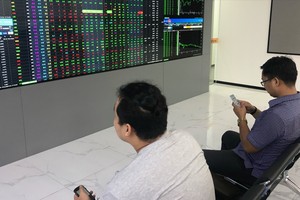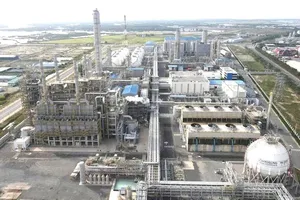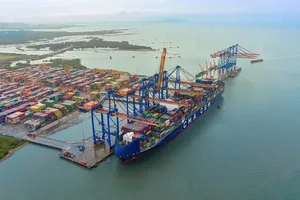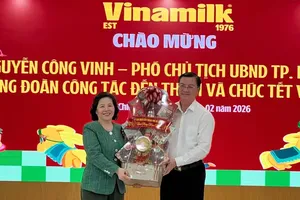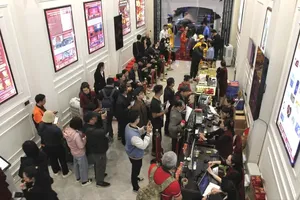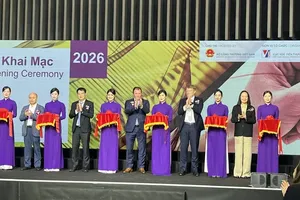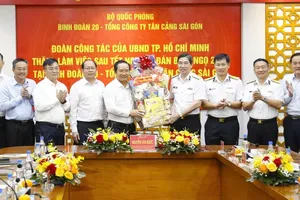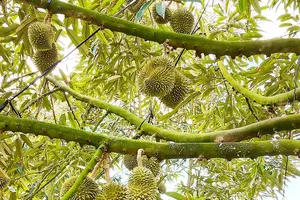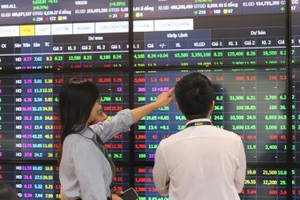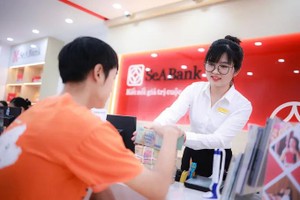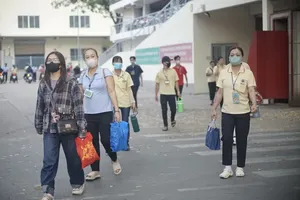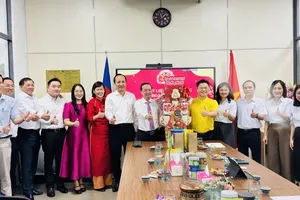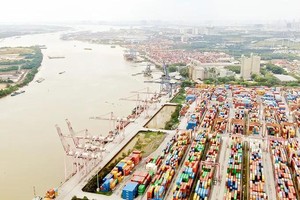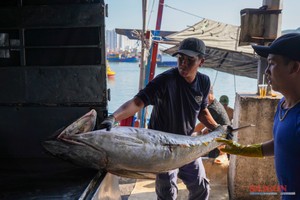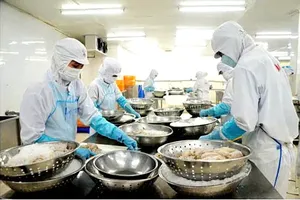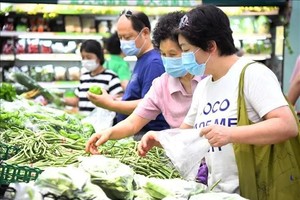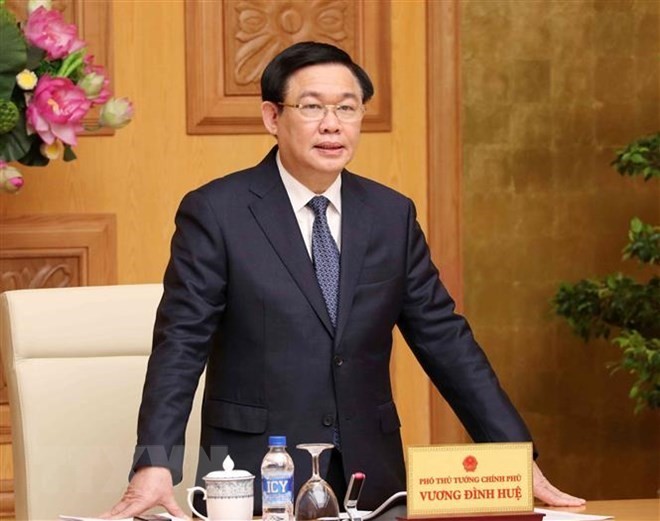
During a meeting of the Steering Committee for Enterprise Innovation and Development in Hanoi on January 18 to review its 2018 work and launch its 2019 tasks, Deputy PM Hue, who is also head of the committee, said the equitisation and divestment of SOEs remain slow.
According to a plan approved by the Prime Minister, as many as 85 SOEs were expected to be equitised in 2018, and several ministries, agencies, and localities – including Hanoi and Ho Chi Minh City – must take steps to adjust their equitisation progress. However, only 32 SOEs have so far completed equitisation; while only 17 out of the 135 SOEs were divested in 2017 and 52 out of the 181 in 2018.
The issuance of documents guiding equitisation remains slow, while the relevant ministries, departments, and localities are meeting difficulties during the process in accordance with new regulations.
Deputy PM Hue said a number of legal documents, mechanisms, and policies were issued, amended, and supplemented during the 2016-2018 period.
He added that over the past three years, no major fraud or legal violation has been found in the field, however the issue is both complicated and sensitive.
Highlighting the 2019 orientation goals of making stronger changes in direction, tightening discipline, ensuring openness and transparency, maximising national interests, and fighting negative behaviors and interest groups, Hue requested the serious handling of violations and that responsibilities of heads and relevant agencies are considered during the process.
The committee reported that revenue from initial public offerings surpassed VND24 trillion ($1.04 billion ) in 2018, marking 4.67-fold and 1.4-fold increases from those in 2017 and 2016, respectively.
From 2016-2018, a total of 156 SOEs nationwide were equitised, up 34 percent from 2011-2015 with a combined value of VND204.8 trillion . The total revenue from equitisation and divestment since 2016 has so far reached more than VND210.3 trillion , or 2.69 times higher than that during 2011-2015.
Among the 12 slow and inefficient projects under the Ministry of Industry and Trade, two out of the six loss-making plants were turned round to reach profitability.
Of the three sustained projects, the Dinh Vu polyester fibre plant has resumed the operations of three filament fibre lines, while Quang Ngai and Binh Phuoc biofuel plants are ready to be put into commercial operation in suitable time
